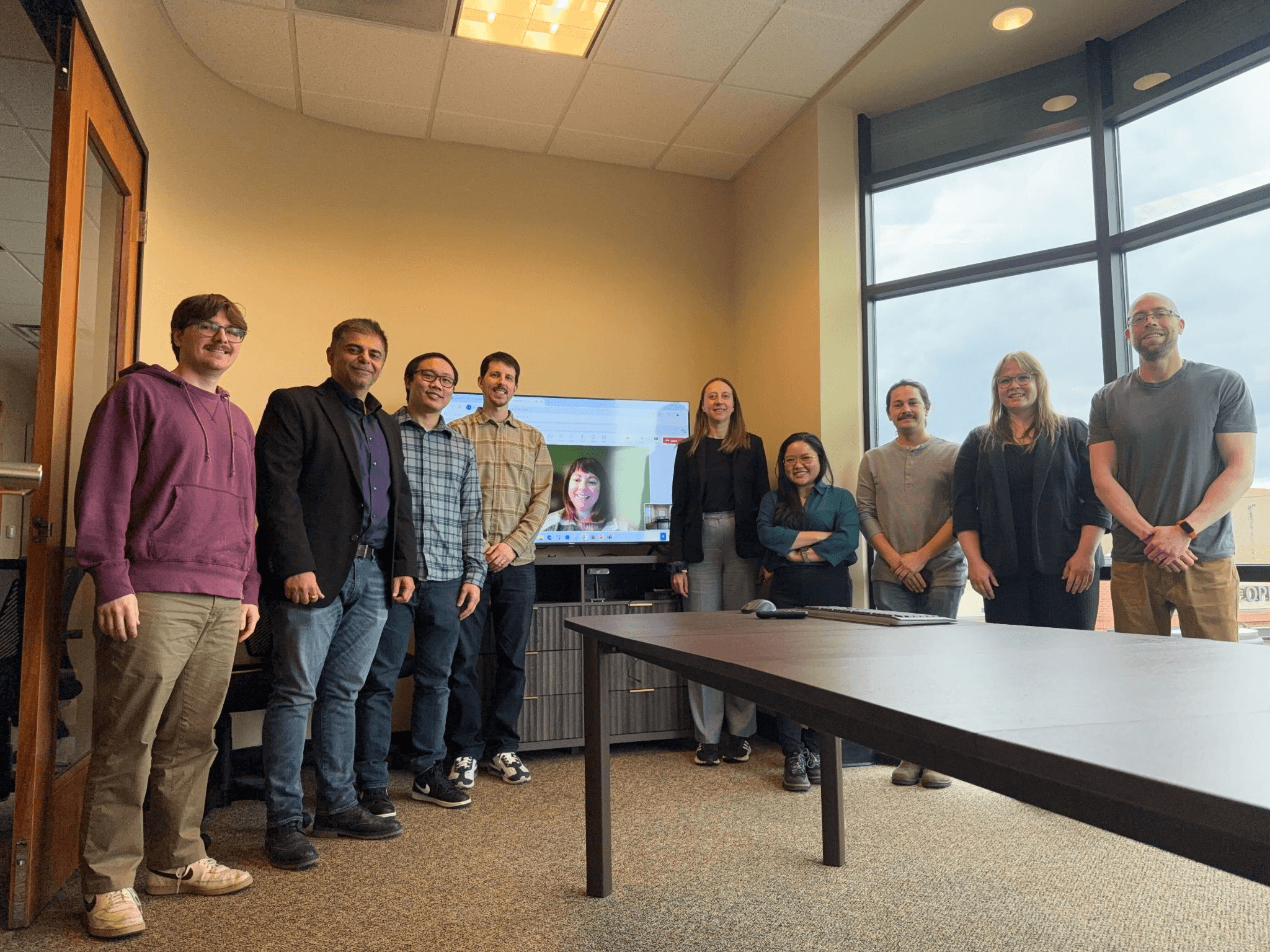Reading Writing And Editing Dna
Breaking Biology’s Speed Limit: How Novel Bio’s NBx CyClone™ Could Transform Molecular Cloning
After 50 years of E. coli dominance, Novel Bio’s Vibrio-based alternative delivers higher plasmid yields, faster
[Image courtesy of Novel Bio]
In an exclusive conversation ahead of their panel appearance at SynBioBeta 2025 next week in San Jose, Novel Bio CEO Pankaj Khanna revealed the revolutionary potential of the company's NBx CyClone™, a groundbreaking bacterial strain poised to redefine molecular cloning processes and dramatically accelerate synthetic biology innovation.

For half a century, genetic researchers have relied almost exclusively on Escherichia coli (E. coli) for cloning tasks, a standard that Khanna and his team at Novel Bio are disrupting. Developed from a Vibrio species—known for their unprecedented growth speed—Novel Bio's NBx CyClone™ exhibits growth rates and plasmid yields far superior to traditional strains. The result: research that historically required days can now be condensed into mere hours.
"Researchers typically design numerous DNA constructs and need rapid, high-speed results. With traditional E. coli, this process takes three days; with our bacteria, you're picking colonies in six hours and done within a day," Khanna emphasized. This leap forward isn't incremental—it's transformative, particularly for fields where time-to-market is critical, such as therapeutic development and vaccine manufacturing.
Recent data underscores the impact of Novel Bio's innovation. NBx CyClone™ outperforms traditional lab staples like NEB Turbo and DH5α across multiple metrics. Specifically, transformation efficiencies and plasmid yields are up to 10 times higher, and the process completes in approximately one-half the typical timeframe. Additionally, NBx CyClone™ consistently delivers cleaner plasmid preparations, significantly reducing downstream processing issues and enhancing reliability in molecular biology workflows.

Khanna’s motivation stems from decades of experience in biotech commercialization and regulatory landscapes, including supporting manufacturers during Operation Warp Speed. "During COVID-19, I observed firsthand how constrained plasmid DNA supplies became due to reliance on outdated technology," Khanna recounted. "E. coli was essentially the only platform, despite its inherent limitations like slow growth and high toxin levels. We saw an opportunity to innovate profoundly".
Novel Bio's approach has also attracted seasoned talent, including CTO Matthew Weinstock, previously the CTO at AbSci. Using insights from Weinstock’s prior Nature publication, the team focused on rapidly replicating organisms suitable for plasmid production. The success of these efforts is reflected in Novel Bio's proprietary, patented strains developed entirely in-house, ensuring robust intellectual property protection and market differentiation.
The business model Novel Bio envisions is multifaceted: direct sales of the CyClone™ platform and growth media for research use, coupled with plasmid propagation and cloning services. Further down the line, the company is preparing to scale operations through a dedicated GMP facility, aiming to become the preferred contract manufacturer for plasmid DNA and viral vectors. Novel Bio has already attracted significant attention, including licensing agreements with top animal health companies keen to capitalize on CyClone™'s exceptional productivity advantages.
As Khanna succinctly puts it, "This isn't just an incremental step—it's the first viable alternative to a 50-year-old standard. Synthetic biology has evolved tremendously; it's time the tools evolved as well".
When Khanna takes the stage at SynBioBeta 2025, the biotech community will have an opportunity to glimpse the future of genetic engineering—one that's faster, more efficient, and more powerful than ever before.


















